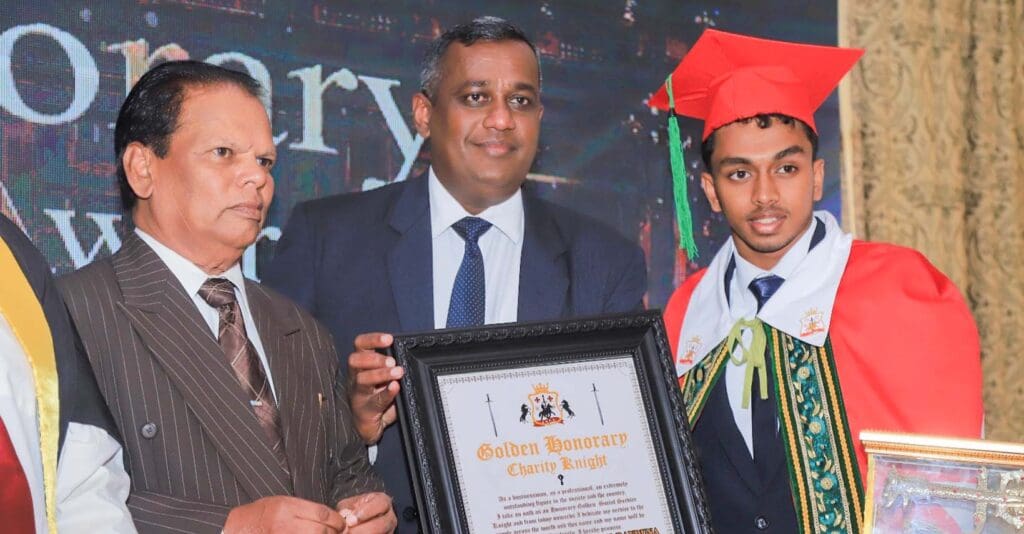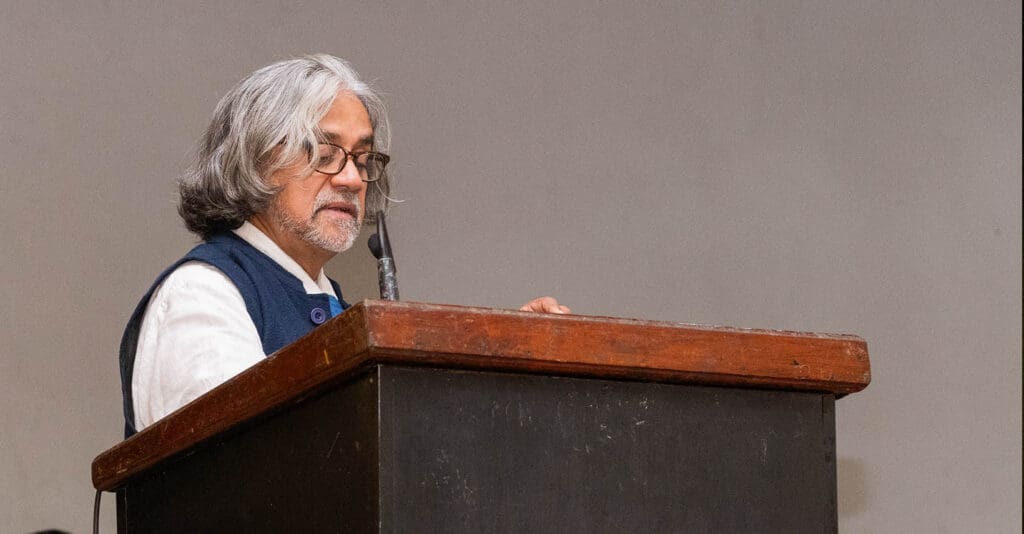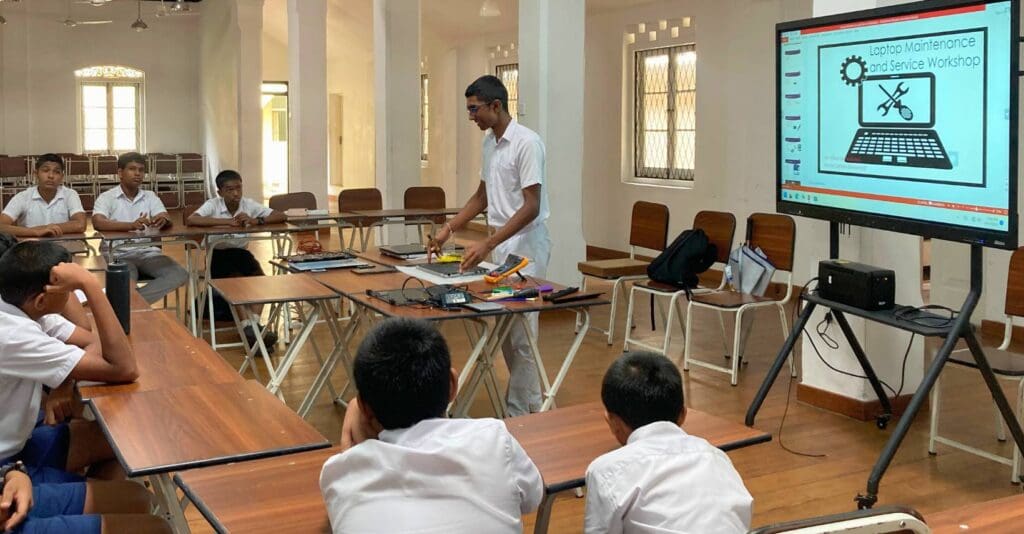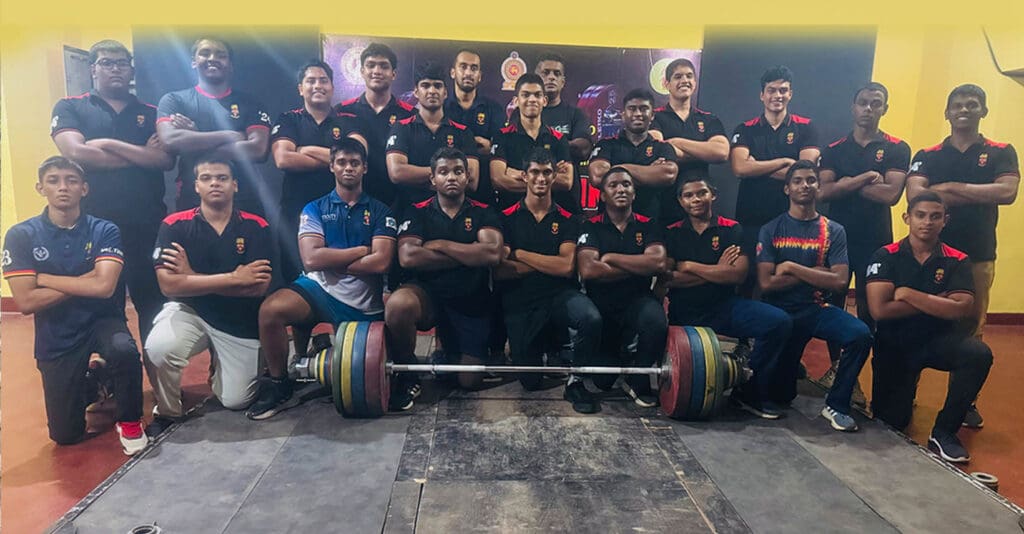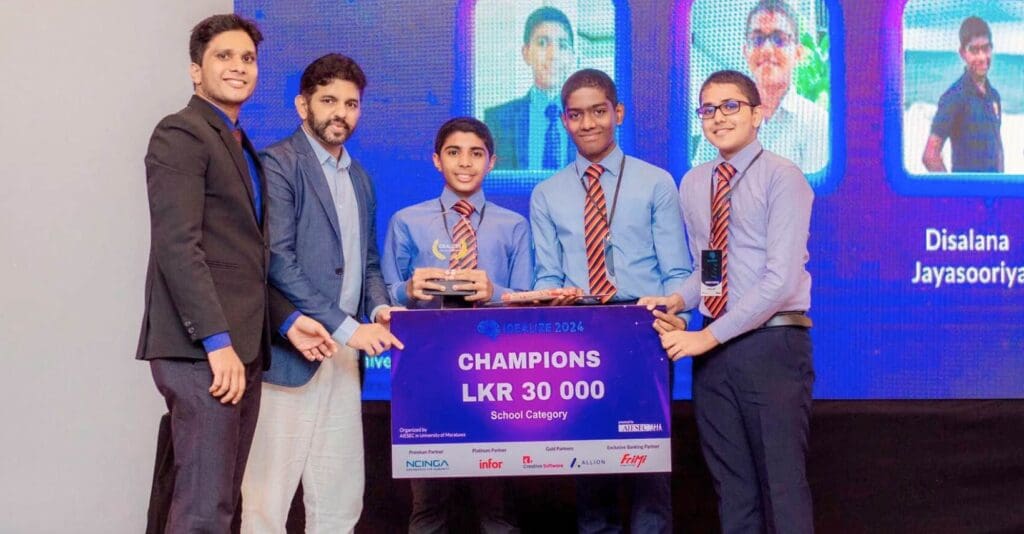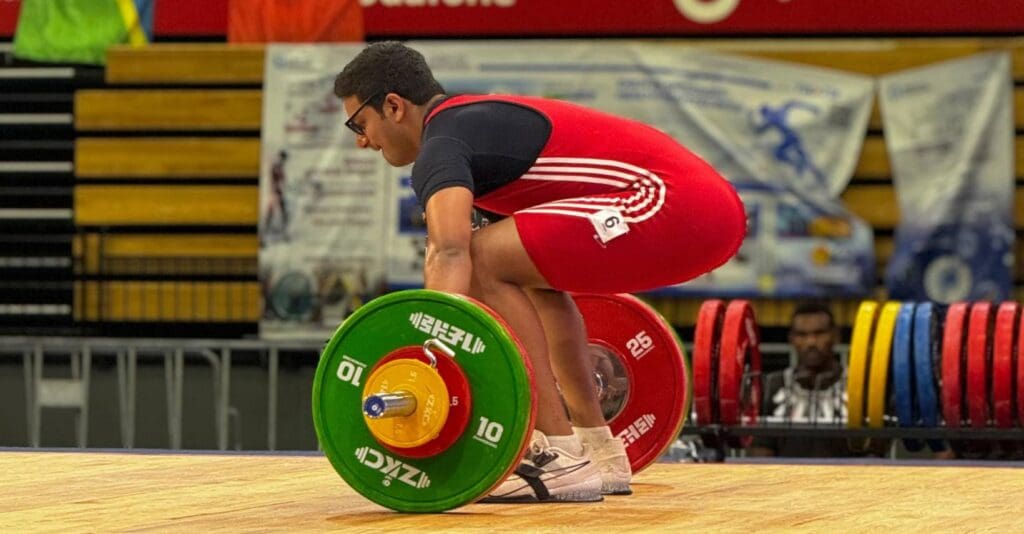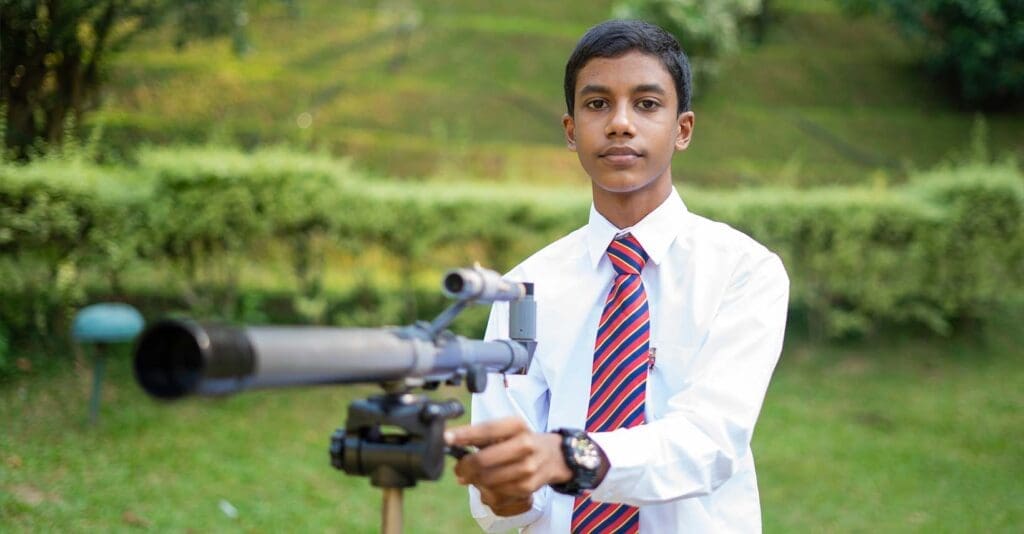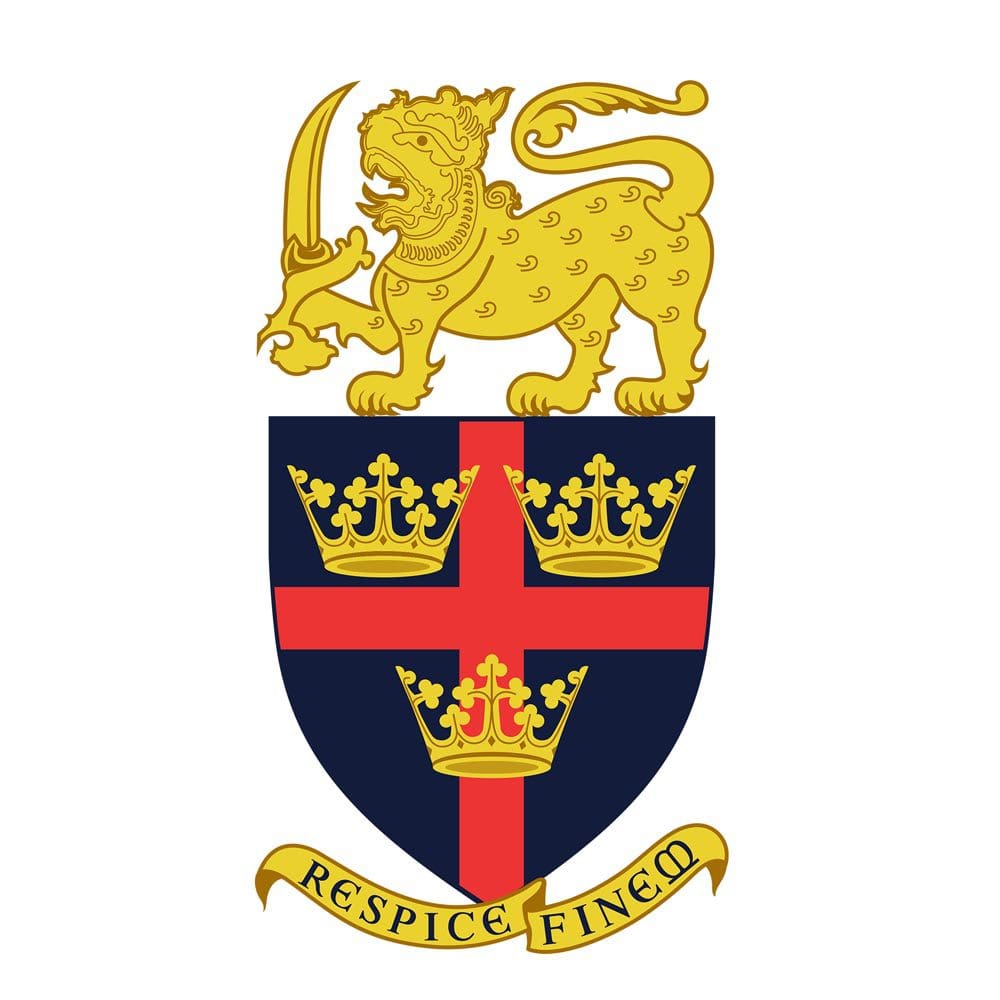Historically, mothers have received more research attention than fathers. And mothers have more often been characterized as children’s primary caregivers, whereas fathers have been characterized as playmates. However, in many countries, gender roles have become more equitable over time, and research now suggests that fathers play many important roles in child development.
Fathers are not just helpers for mothers but are important to children in their own right. Children with sensitive and supportive fathers have higher levels of social competence and better peer relationships. Children whose fathers provide them with learning materials and speak with them frequently perform better in school and have more advanced language skills. Fathers can serve those roles even when they do not live with the child. Regardless of whether they live together, children who have regular positive contact with their father tend to regulate their emotions better than children who have no contact with their father. Nevertheless, if no father is involved, other caregivers can also serve those functions. Family structure is less important than having loving caregivers meeting children’s physical, cognitive, emotional, and social needs.
In this Issue
To celebrate Father’s Day students were busy with making cards to be given to their beloved Dads, this week. Each class came up with a different creation. Nevertheless, the enthusiasm was quite high among everyone to make the best card ever.







